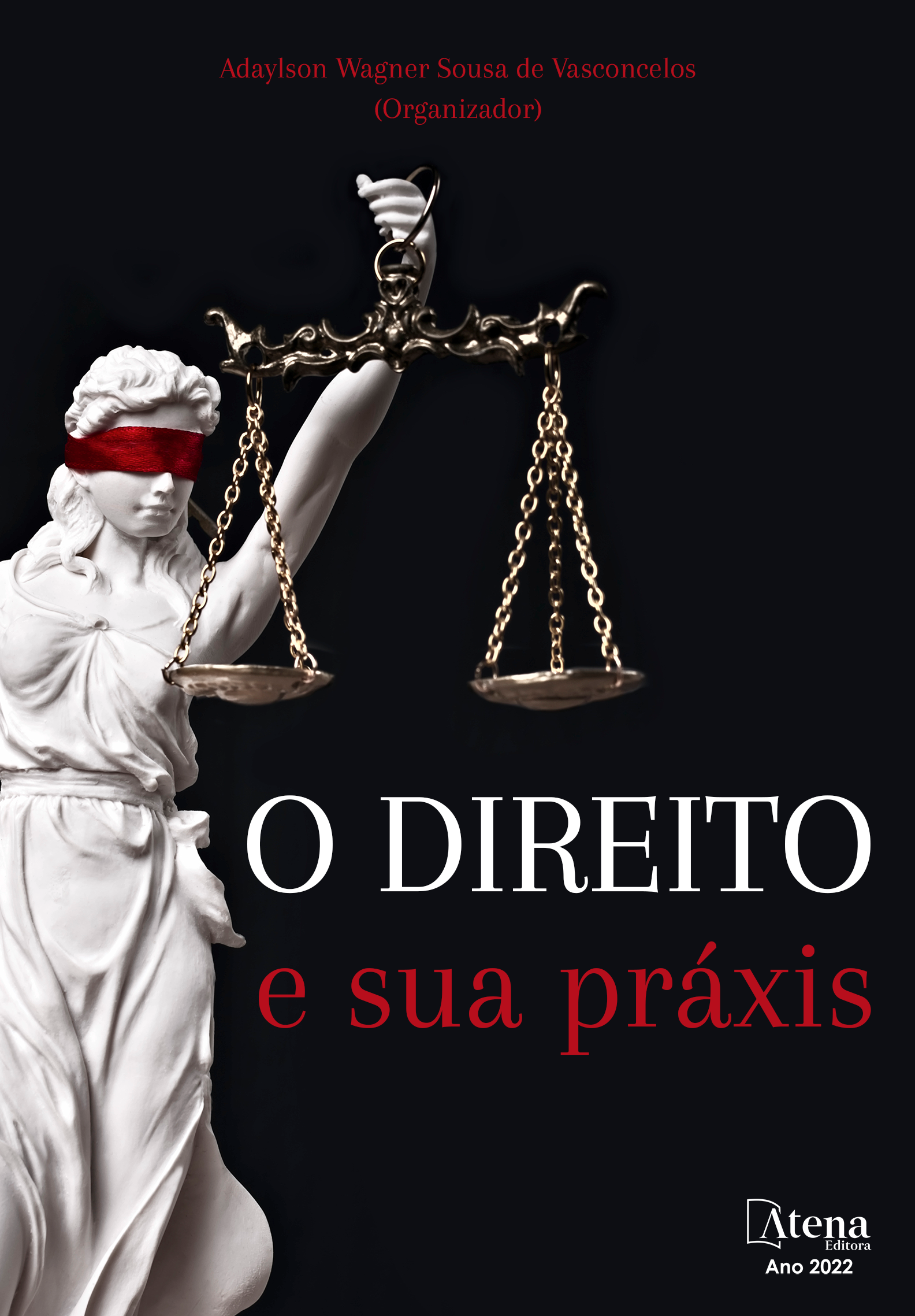
PRESIDENCIALISMO DE COALIZÃO E ORÇAMENTO PÚBLICO: JURIDICIDADE DA EXECUÇÃO DE EMENDAS PARLAMENTARES IMPOSITIVAS INDIVIDUAIS NO TRIÊNIO 2017-2019
O escopo do presente trabalho é verificar se o Executivo federal utilizou as emendas parlamentares impositivas individuais, previstas no art. 166 da Constituição, como meio juridicamente indevido para angariar apoio político junto ao Congresso Nacional no triênio 2017-2019. A partir (i) do marco dogmático constitucional da Separação dos Poderes, (ii) das lições da ciência política sobre poder de agenda e processo decisório orçamentário do presidencialismo brasileiro e (iii) de um desenvolvimento metodológico de natureza quantitativa baseado nos dados numéricos das emendas individuais impositivas presentes no “Painel Emendas” do portal “SIGA Brasil Painéis”, traçaram-se duas hipóteses, paralelas e inter-relacionadas, que foram confirmadas. Primeiro, constatou-se que a imposição das emendas parlamentares veio a mitigar, ainda que limitadamente, o poder de agenda do Executivo. Todavia, no poder de agenda presidencial em matéria orçamentária, a resultante das alterações equivaleu a uma perda de ordem micropolítica, em decorrência do pequeno peso que as emendas impositivas significam em todo o ciclo orçamentário, não afetando, assim, o mecanismo geral de formação de coalizões. Segundo, considerou-se, como critério, que o uso antijurídico das emendas parlamentares impositivas seria observado se sua execução infringisse o comando programático de equidade previsto pela Constituição ou contrariasse normas legais e específicas sobre execução equitativa. Concluiu-se que as emendas parlamentares impositivas não são utilizadas como claro modo de cooptação política e antijurídica do Congresso, pois sua execução não se mostra simultaneamente dispersa e assimétrica: observando-se as emendas empenhadas e pagas, não foi possível vislumbrar favorecimento manifesto a grupos políticos numericamente relevantes para uma coalizão.
PRESIDENCIALISMO DE COALIZÃO E ORÇAMENTO PÚBLICO: JURIDICIDADE DA EXECUÇÃO DE EMENDAS PARLAMENTARES IMPOSITIVAS INDIVIDUAIS NO TRIÊNIO 2017-2019
-
DOI: 10.22533/at.ed.8552201083
-
Palavras-chave: Presidencialismo de coalizão; orçamento impositivo; emendas parlamentares individuais; execução equitativa.
-
Keywords: Coalition presidentialism; imposing budget; individual parliamentary amendments; equitable execution.
-
Abstract:
The scope of this article is to verify if the Federal Executive has used the individual “imposing parliamentary amendments”, provided in art. 166 of the Constitution, as a legally undue means to obtain political support from the National Congress in the 2017-2019 triennium. Based on (i) the constitutional dogmatic framework of the Separation of Powers, (ii) the lessons of political science on the agenda power and budgetary decision-making process of Brazilian presidentialism and (iii) a quantitative methodological development based on the numerical data of the “imposing parliamentary amendments” present in the “Painel Emendas” of the “SIGA Brasil Painéis” portal, two hypotheses were outlined, parallel and interrelated, which were confirmed. First, it was found that the imposition of parliamentary amendments came to mitigate, albeit to a limited extent, the Executive's agenda power. However, in the power of the presidential agenda in budgetary matters, the result of the alterations was equivalent to a loss of micropolitical order, due to the small weight that the “imposing amendments” mean in the entire budgetary cycle, thus not affecting the general mechanism of formation of coalitions. Second, it was considered, as a criterion, that the anti-legal use of parliamentary “imposing amendments” would be observed if their execution violated the programmatic equity command provided for in the Constitution or contradicted legal and specific rules on equitable execution. It was concluded that the “imposing parliamentary amendments” are not used as a clear way of congressional political and anti-juridical co-optation, since their execution is not simultaneously dispersed and asymmetrical: observing the committed and paid amendments, it was not possible to envision manifest favouritism to groups politically relevant to a coalition.
-
Número de páginas: 24
- Ewerson Willi de Lima Pack


